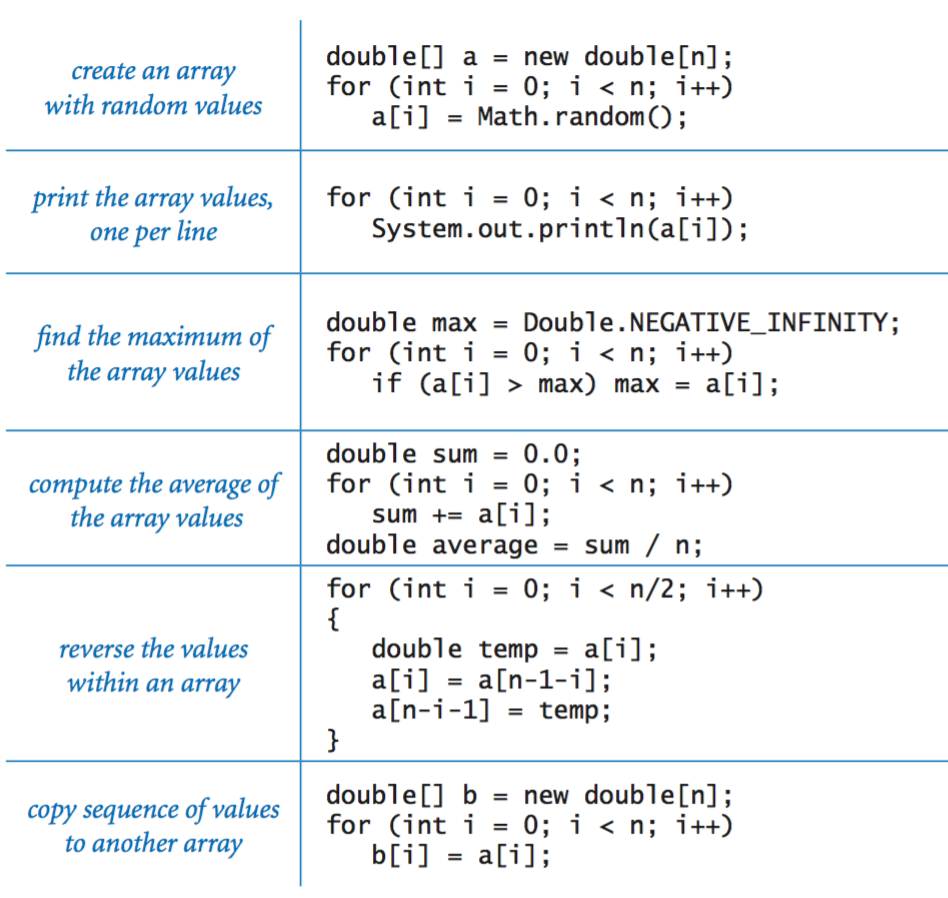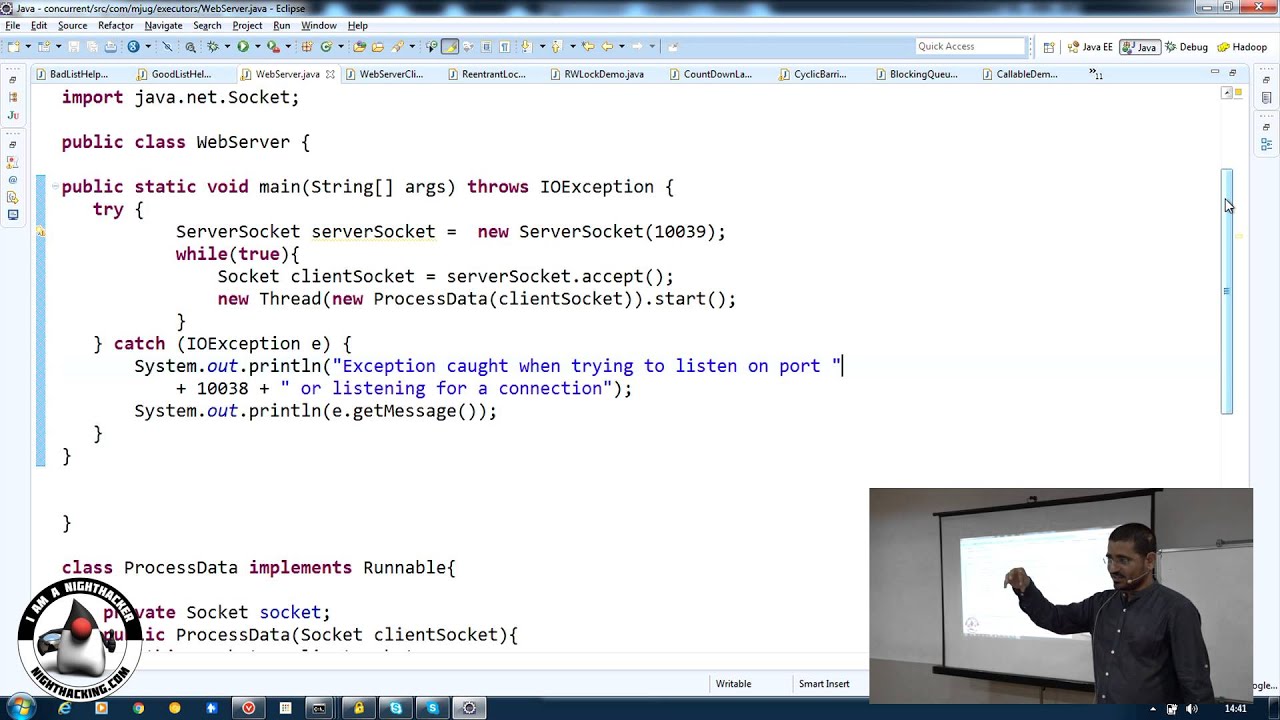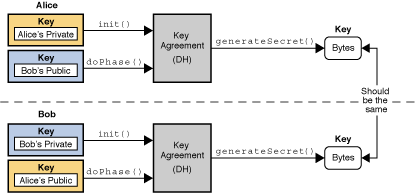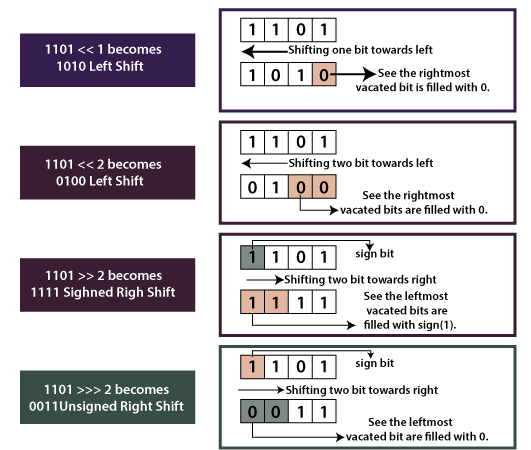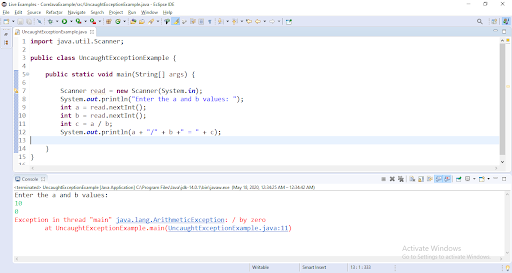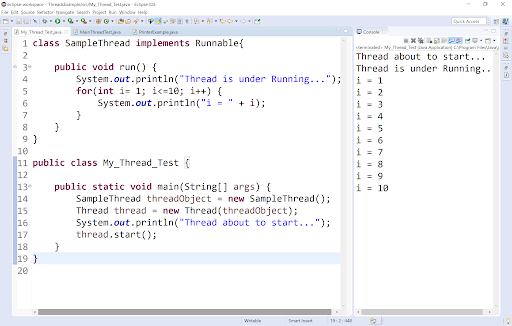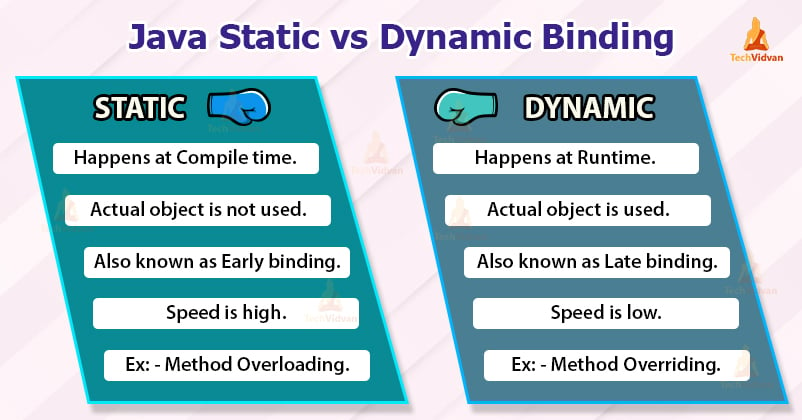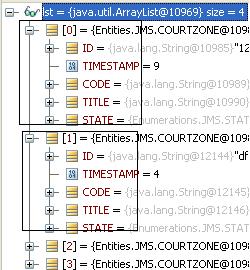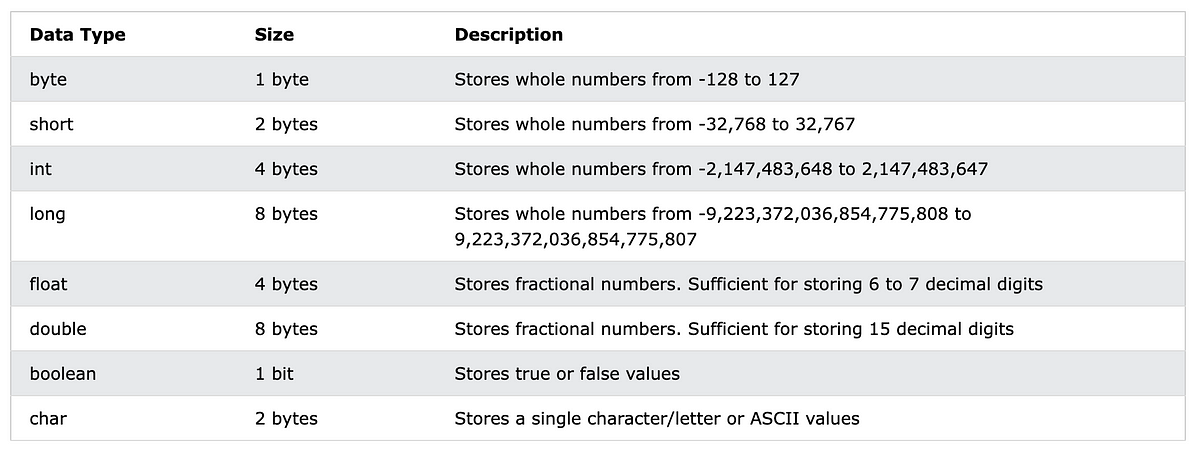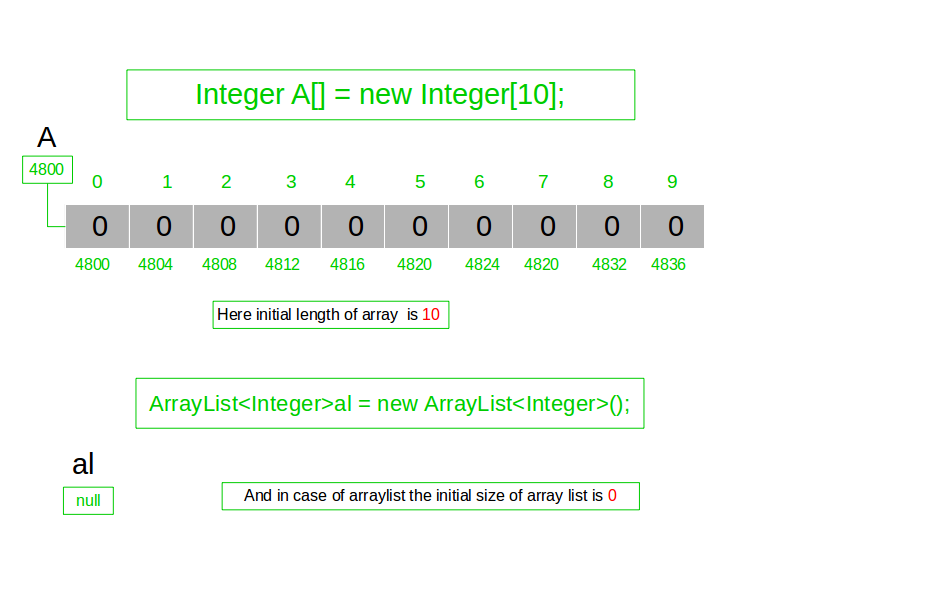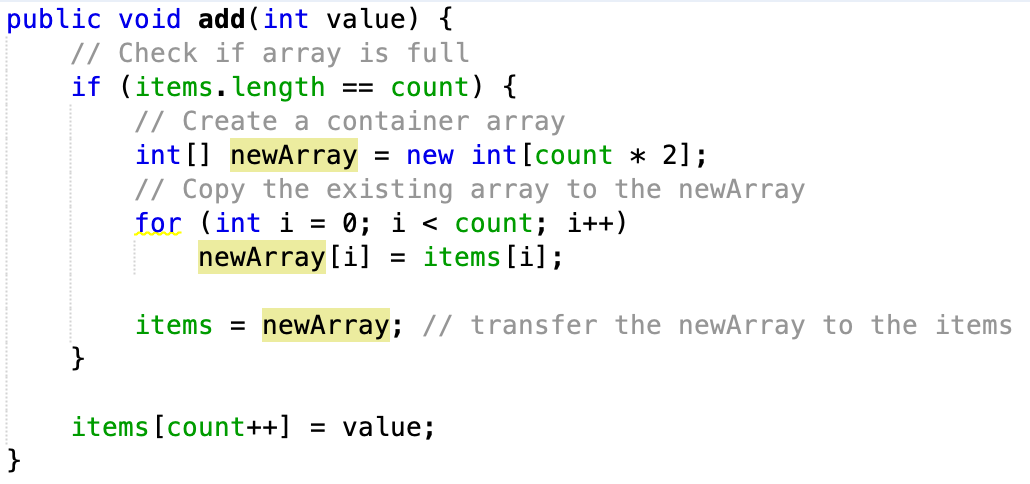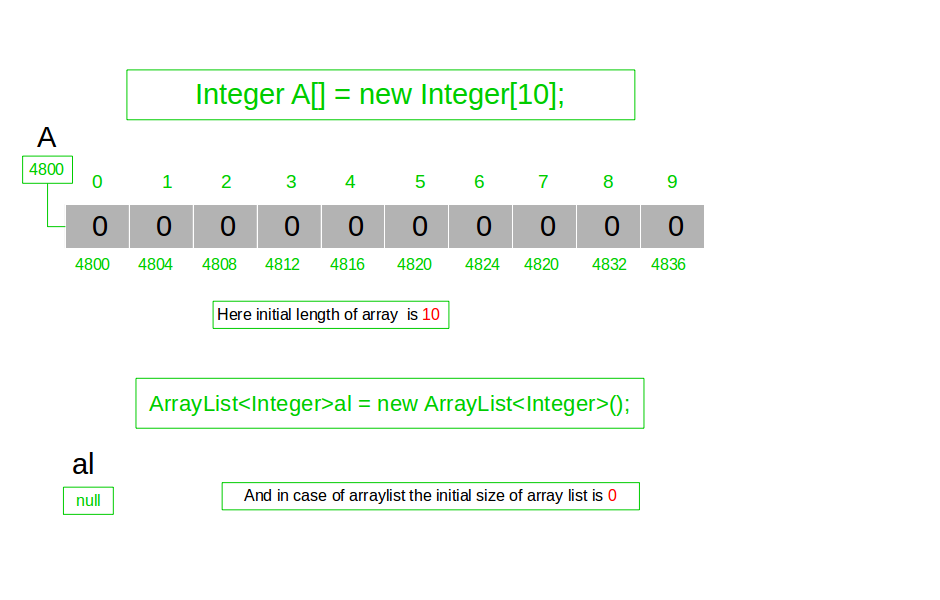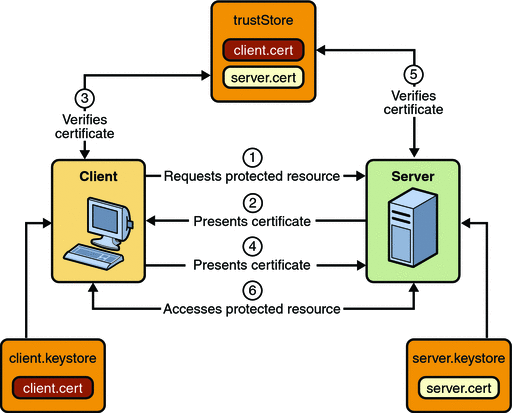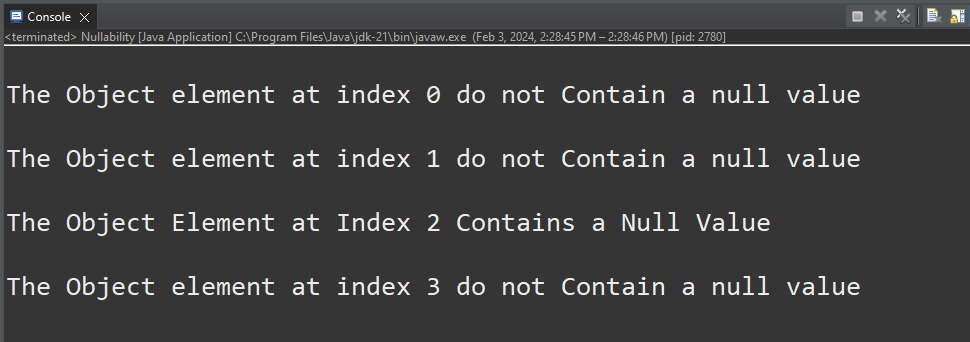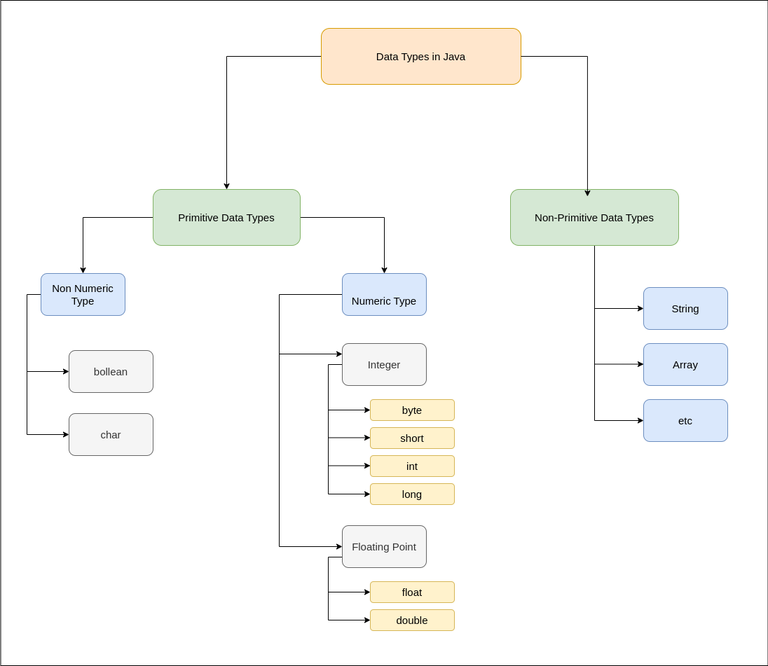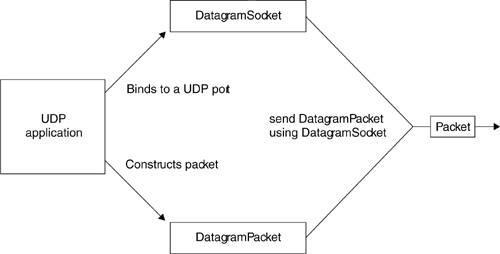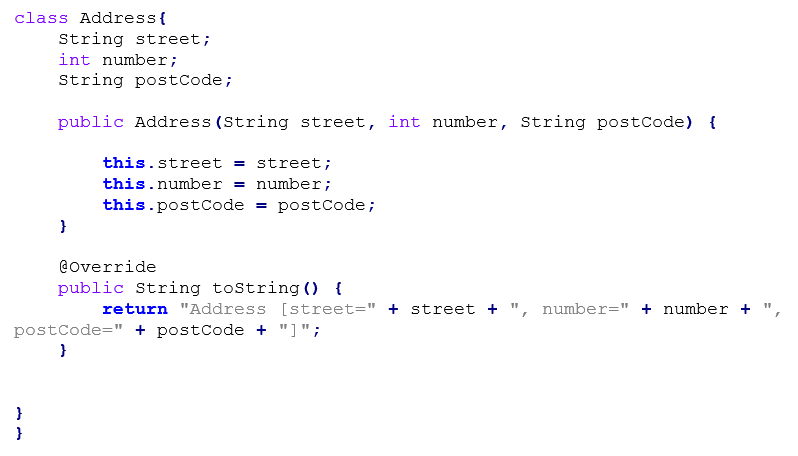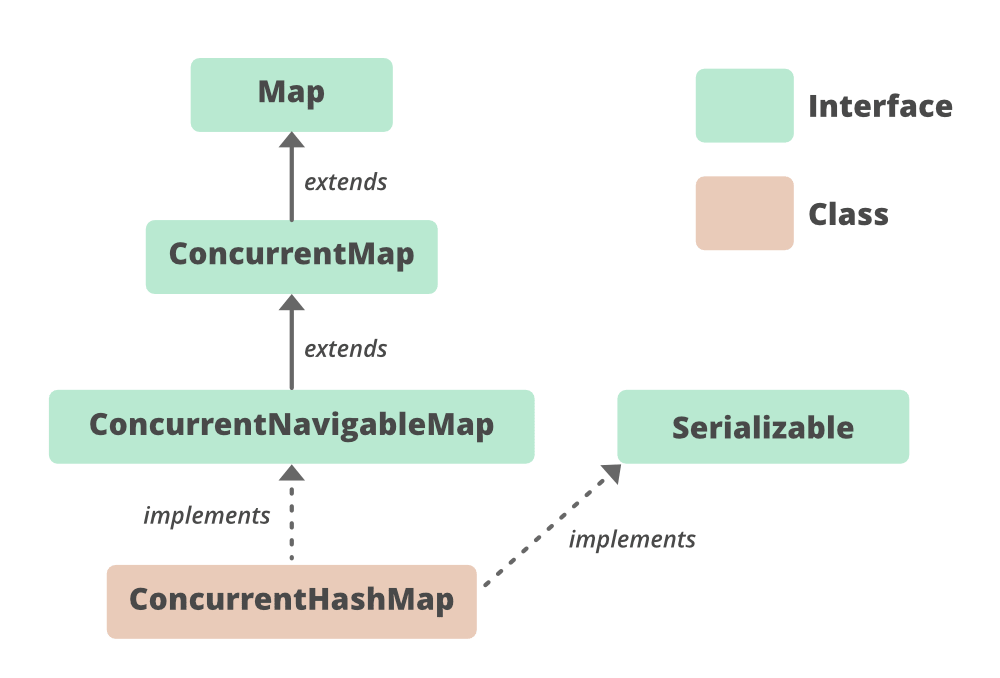Java read XML file to String
Java read XML file to String
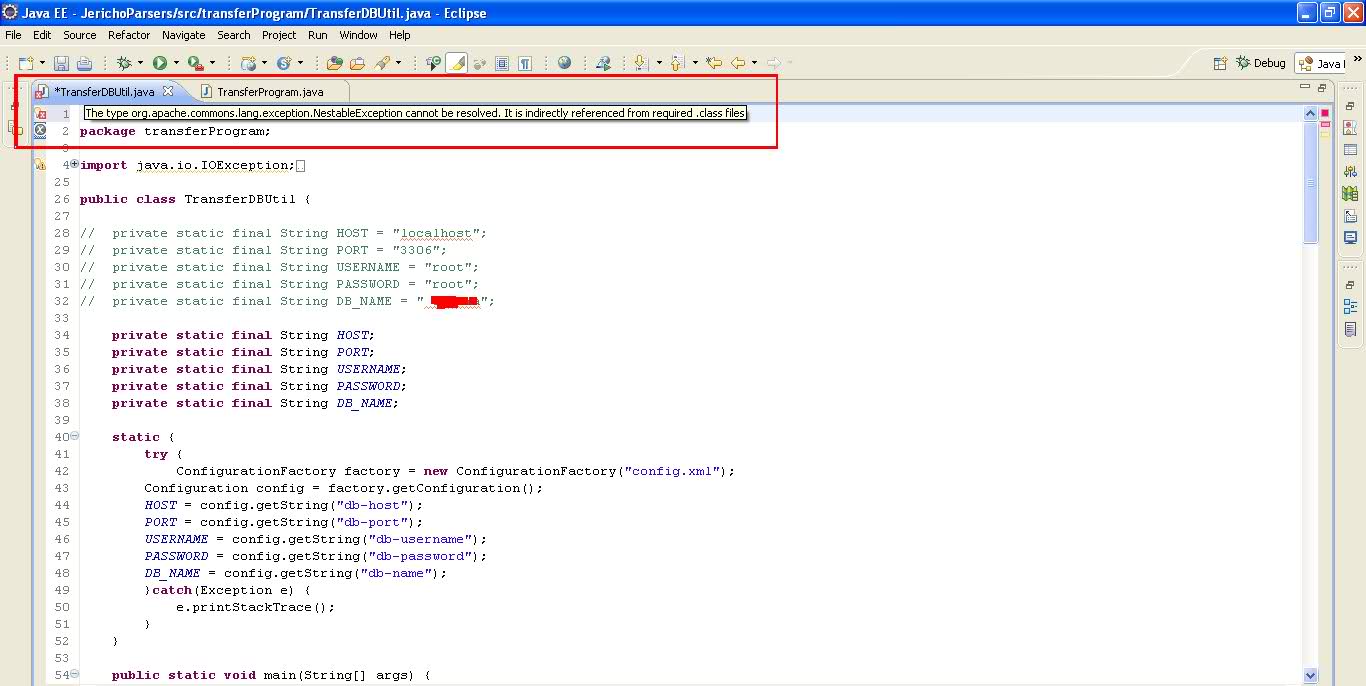
Here's the answer:
To read an XML file into a string in Java, you can use the StringWriter and DocumentBuilder classes from the Apache Xerces2-j implementation of the XML DOM API.
Here is a step-by-step guide on how to do it:
Step 1: Add dependencies
You need to add the following dependency to your Maven or Gradle project:
org.apache.xmlcommons
xml-apis
2.12.0
Step 2: Write the code
Here is an example of how to read an XML file into a string:
import org.w3c.dom.Document;
import org.w3c.dom.Element;
import org.w3c.dom.NodeList;
import org.xml.sax.InputSource;
import org.xml.sax.SAXException;
import javax.xml.parsers.DocumentBuilder;
import javax.xml.parsers.DocumentBuilderFactory;
import javax.xml.parsers.ParserConfigurationException;
import java.io.*;
import java.nio.file.Files;
import java.nio.file.Paths;
public class XmlReader {
public static String readXmlFile(String filePath) throws IOException, ParserConfigurationException, SAXException {
DocumentBuilderFactory factory = DocumentBuilderFactory.newInstance();
DocumentBuilder builder = factory.newDocumentBuilder();
InputSource is = new InputSource(Files.newInputStream(Paths.get(filePath)));
Document doc = builder.parse(is);
StringBuilder sb = new StringBuilder();
Node node = doc.getFirstChild();
while (node != null) {
if (node.getNodeType() == Element.ELEMENT) {
Element e = (Element) node;
sb.append("<").append(e.getTagName()).append(">");
NodeList childNodes = e.getChildNodes();
for (int i = 0; i < childNodes.getLength(); i++) {
Node childNode = childNodes.item(i);
if (childNode.getNodeType() == Element.ELEMENT) {
Element childElement = (Element) childNode;
sb.append("<").append(childElement.getTagName()).append(">");
} else if (childNode.getNodeType() == Text.TEXT_NODE) {
Text textNode = (Text) childNode;
sb.append(textNode.getTextContent());
}
}
sb.append("</").append(e.getTagName()).append(">");
}
node = node.getNextSibling();
}
return sb.toString();
}
public static void main(String[] args) throws IOException, ParserConfigurationException, SAXException {
String filePath = "path/to/your/xml/file.xml";
System.out.println(readXmlFile(filePath));
}
}
Step 3: Run the program
Compile and run the program. You can also add this code to your existing project.
In this example, we are assuming that you want to read the entire XML file into a string. If you want to read specific elements or attributes, you will need to modify the code accordingly.
Note: The above code assumes that the XML file is in the same directory as your Java program. You may need to adjust the path accordingly if it's not the case.
That's it! With this example code, you should be able to read an XML file into a string in Java using Apache Xerces2-j implementation of the XML DOM API.
How to convert XML file to document in Java?
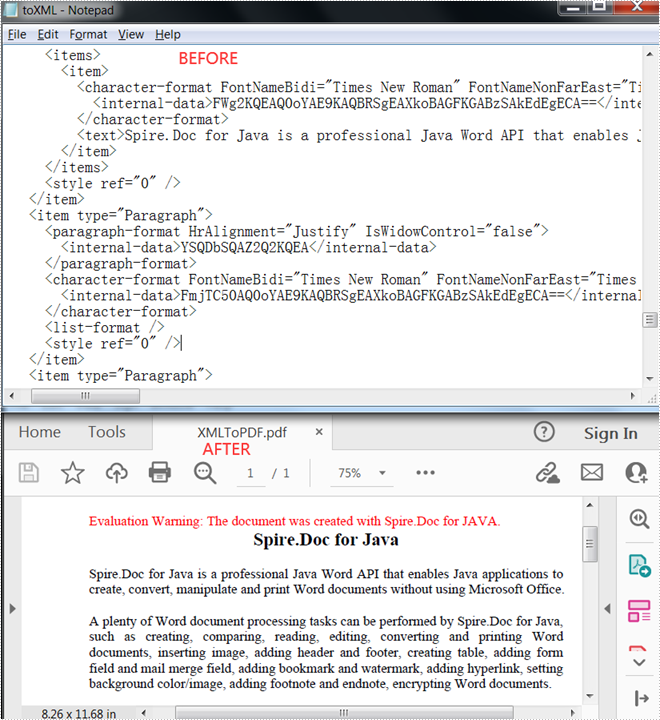
Here's a detailed explanation of how to convert an XML file to a document (PDF) in Java using the iText library.
Step 1: Add iText Library
To use the iText library, you need to add it as a dependency in your project or manually download the JAR file. If you're using Maven, add this to your pom.xml:
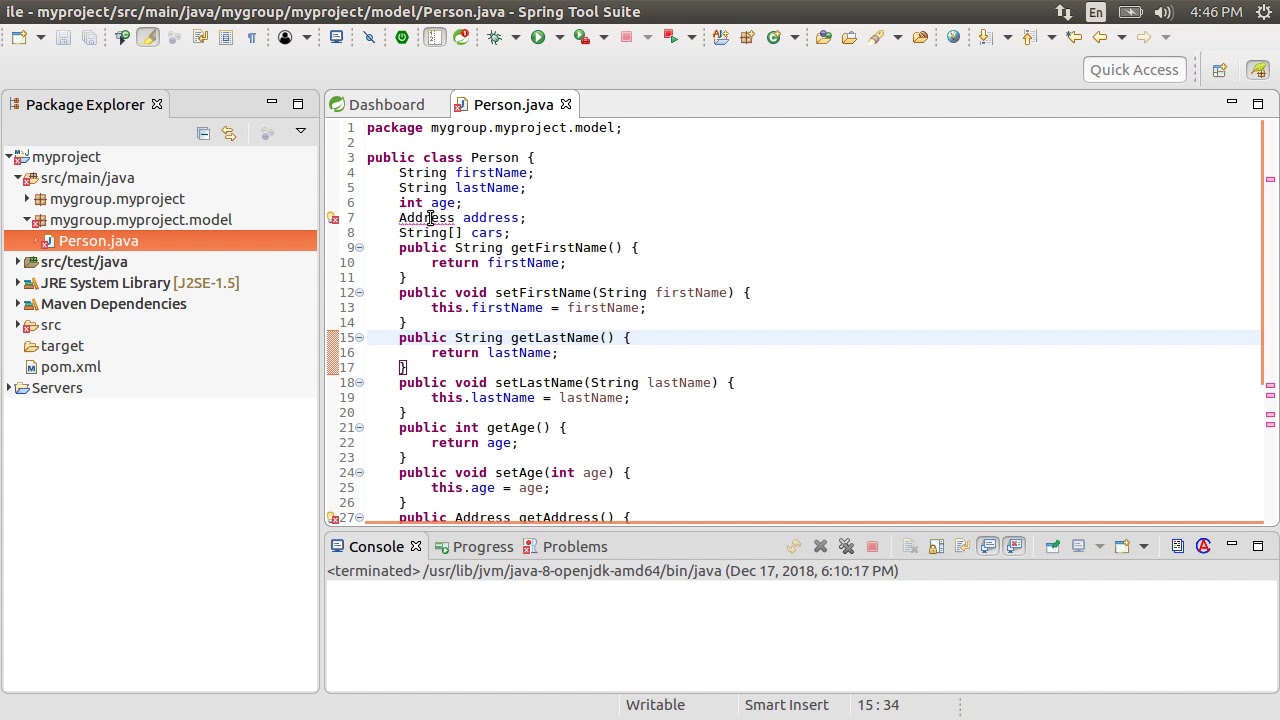
com.itextpdf
itextpdf
5.7.2
Step 2: Read XML File
Read the XML file using a Java library like XOM (XML Object Model) or JAXP (Java API for XML Processing). For this example, we'll use XOM:
import com.exemplary.xml.XMLOutputter;
String xmlFile = "path/to/your/xmlfile.xml";
StringBuffer buffer = new StringBuffer();
XMLOutputter out = new XMLOutputter();
buffer.append(out.outputstring(new FileInputStream(xmlFile)));
// Now you have the XML file as a string
Step 3: Parse XML File
Use an XPath expression to parse the XML file and extract the necessary data. For example, if your XML file looks like this:
John Doe
30
You could use XPath expressions to extract the name and age elements:
import org.dom4j.Document;
import org.dom4j.DomElement;
import org.dom4j.Element;
Document document = DocumentHelper.parseText(buffer.toString());
Element root = document.getRootElement();
List personElements = root.elements("person");
Step 4: Generate PDF
Now, use iText to generate a PDF from the extracted data. For example, you could create a new PdfDocument and add pages to it:
import com.itextpdf.kernel.pdf.PdfDocument;
import com.itextpdf.layout.element.Paragraph;
// Create a new PDF document
PdfDocument pdf = new PdfDocument();
pdf.addNewPage();
// Add the data to the PDF
Paragraph paragraph = new Paragraph("Name: " + personElements.get(0).elementText("name"));
paragraph.setTextAlignment(TextAlignment.LEFT);
pdf.add(paragraph);
paragraph = new Paragraph("Age: " + personElements.get(0).elementText("age"));
paragraph.setTextAlignment(TextAlignment.LEFT);
pdf.add(paragraph);
// Save the PDF
String pdfFile = "path/to/your/pdffile.pdf";
new FileOutputStream(pdfFile).write(pdf.getBytes());
Step 5: Convert XML to PDF
Finally, put it all together:
public void convertXMLtoPDF(String xmlFile, String pdfFile) {
// Read the XML file
StringBuffer buffer = new StringBuffer();
XMLOutputter out = new XMLOutputter();
buffer.append(out.outputstring(new FileInputStream(xmlFile)));
// Parse the XML file
Document document = DocumentHelper.parseText(buffer.toString());
Element root = document.getRootElement();
List personElements = root.elements("person");
// Generate the PDF
PdfDocument pdf = new PdfDocument();
pdf.addNewPage();
for (DomElement personElement : personElements) {
Paragraph paragraph = new Paragraph("Name: " + personElement.elementText("name"));
paragraph.setTextAlignment(TextAlignment.LEFT);
pdf.add(paragraph);
paragraph = new Paragraph("Age: " + personElement.elementText("age"));
paragraph.setTextAlignment(TextAlignment.LEFT);
pdf.add(paragraph);
}
// Save the PDF
new FileOutputStream(pdfFile).write(pdf.getBytes());
}
This is a basic example of how to convert an XML file to a document (PDF) in Java using iText. You can customize it according to your specific requirements and the structure of your XML file.
Note: The above code assumes you have the necessary dependencies installed, such as XOM and iText libraries.
